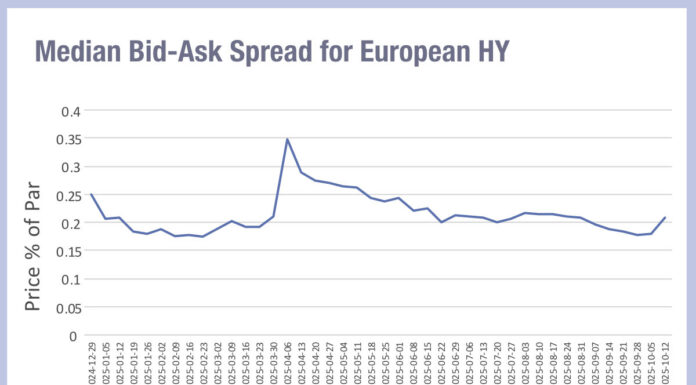Technology and analytics provider, APEX:E3, has launched a new integrated AI service, ALICE, to allow buy-and sell-side firms to rapidly analyse large documents and spreadsheets using natural language queries. The platform, will be available via a subscription model, can be used by investment firms to process broker and transaction cost analysis reports, research and regulatory reports, to allow traders to make more direct comparisons between services or to intelligently query unstructured data.
“Our mission is essentially to help transfer what we call ‘advanced knowledge’ to the world,” says Usman Khan, CEO of APEX:E3. “If you consider research papers that encompass scientific breakthroughs, they often prove to be highly intricate, posing a challenge to swiftly comprehend their significance. However, leveraging AI enables the summarisation of such papers in natural language, providing an understanding of the content without delving into the intricacies of the details. By accomplishing this and indexing millions of research papers, we effectively unlock advanced knowledge, making it accessible to everyone.”
In a live demonstration the software was able to process a regulatory position paper and accurately summarise its arguments within a matter of seconds.
The firm already offers APEX Revolutions, a multi-asset platform designed to help portfolio managers, traders, and quants to make informed decisions by offering real-time insights on market microstructure.
By combining its tools with the AI capabilities, Khan says users will achieve a new level of insight into reports.
“Where it gets really interesting for our world, focused on fixed income and equities markets, is when we encounter research papers containing equations and models that individuals seek to use for market analysis, quantitative analysis, and predictive analysis,” he notes. “The utilisation of ALICE to process such reports not only grants us the capability to extract these equations but also expeditiously convert them into executable code. To illustrate, I’ve taken a research paper, I’ve identified the equations, and I’ve asked for Python code for these equations, and just run it.”
This will not replace coders, he says but allow for more advanced analytics by increasing the efficiency of the process.
“If you’re a coder, you’ve got a better understanding of the code,” says Khan. “But if you’re not a coder, it will still write the code for you just by you asking it to. If you have a private database of transactions, and you want to do TCA, you should just be able to say what you want from that transaction history. The idea is that ALICE is then able to translate that into the query that will run on the private database, and give back your results, where the customer’s data does not leave their premises. It means you can run more complex queries, easily.”
©Markets Media Europe 2023
©Markets Media Europe 2025














